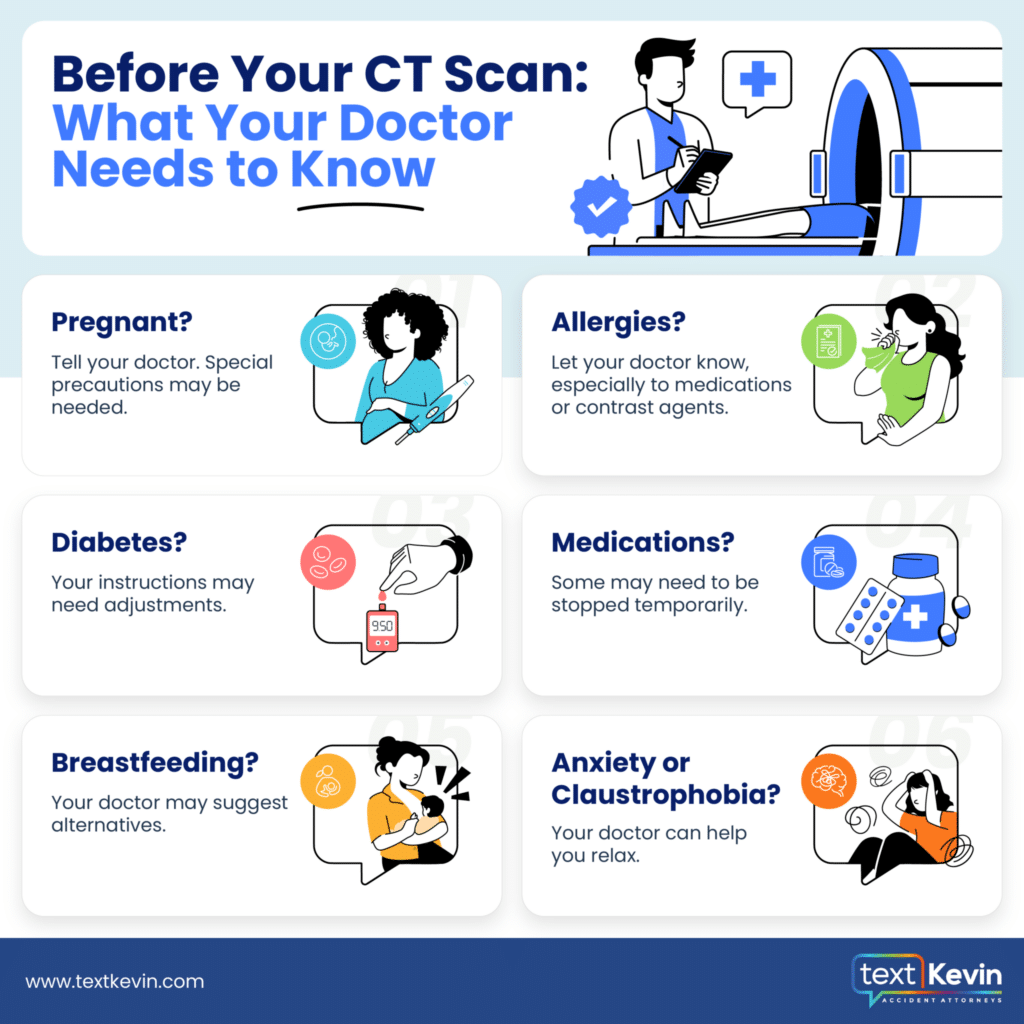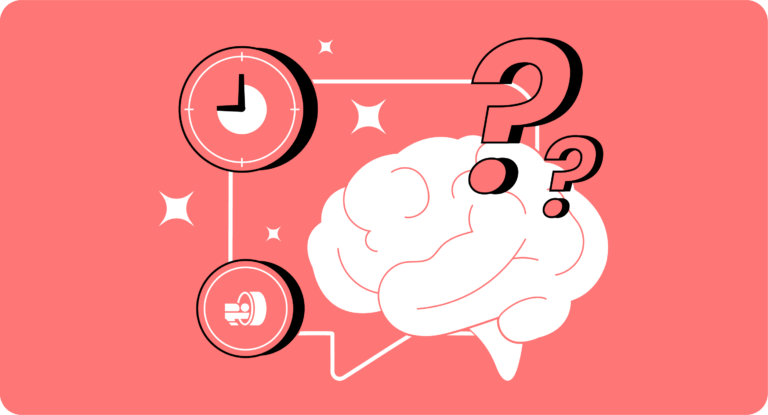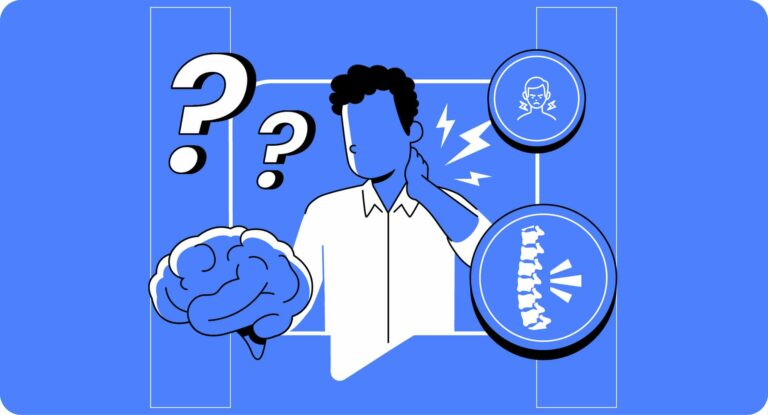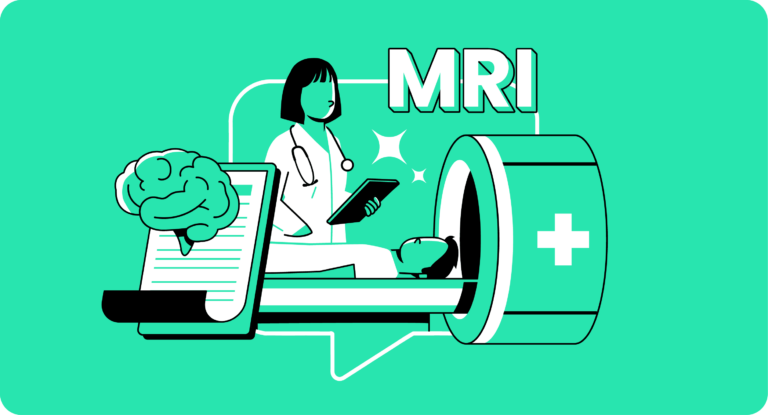When you’re getting ready for a medical procedure, it’s normal to have questions. One common concern for those getting a CT brain scan is, “How long will it take?”
The duration can be an important factor for those uneasy in medical settings. Let’s talk about how long a CT brain scan usually lasts. Understanding the process can ease worries and make you feel more prepared.
How Long Does a Brain CT Scan Take?
CT scans have improved greatly with faster technology. Sophisticated CT scanners now scan brains in 10 seconds. This speed helps doctors diagnose and treat quickly.
Though scans are fast, processing data takes longer. The whole procedure lasts about 30 minutes. This includes positioning the patient and processing images.
Quick brain imaging shows medical tech progress. It improves patient comfort and diagnosis speed. Healthcare providers can offer timely care with ease.
Proper Preparation for a Successful Head and Face CT Scan
Before getting a CT scan of your head and face, talk with your doctor. Share all your medical history and current health details. Accurate info ensures the procedure’s safety and success.
Tell your doctor if:
- You are pregnant or suspect you might be pregnant. Special precautions may be necessary.
- You have any known allergies, particularly to medications or contrast agents used during imaging procedures.
- You have been diagnosed with diabetes. This may require adjustments in your pre-scan instructions or contrast administration.
- You are currently taking metformin, a common medication for managing diabetes. It may need to be temporarily discontinued before the scan.
- You are breastfeeding, as certain precautions or alternative arrangements may be recommended.

Addressing Anxiety or Claustrophobia
If you experience anxiety or claustrophobia, communicate this to your healthcare provider. They may recommend taking medication to help you relax before the procedure. They may also suggest other strategies to alleviate your discomfort, such as providing an open-sided CT scanner or offering distractions during the scan.
Following Pre-Scan Instructions
Your healthcare provider will give you instructions for your CT scan. These might involve fasting or adjusting medication doses. Follow these directions diligently to achieve optimal results and reduce risks.
By sharing your medical history and following prep instructions, you’ll make the CT scan process smoother. Your healthcare team prioritizes your comfort and safety.
A Detailed Look at the Brain CT Scan Procedure
During a brain CT scan, you’ll lie on a table. It slides into a large, cylindrical CT scanner. Pillows and straps secure you to minimize movement. Staying still ensures clear, accurate scan images.
Image Acquisition Process
Once you are properly positioned, the table will move through the gantry, and the scanner will begin rotating around you. The scanner emits a narrow beam of X-rays that pass through your body from various angles, capturing multiple cross-sectional images (or slices) of your brain.
The X-rays absorbed by your body are detected and transmitted to a computer. The computer assembles the individual slices into a detailed three-dimensional model of your brain. This 3D model is then displayed on a monitor, ready for interpretation by a radiologist.
Breath-holding Instructions
During the scanning process, you may be asked to hold your breath for a few seconds at different intervals. This is because even the slightest movement from breathing can interfere with the quality and clarity of the images being captured.
Contrast Agent Administration
Your healthcare provider might suggest using a contrast agent given intravenously. This dye boosts visibility of specific brain structures. It aids in detecting and characterizing lesions effectively. By enhancing tissue contrast, it offers detailed, informative images.
Post-Procedure Instructions
After the brain CT scan, you can usually resume normal activities right away. If contrast agent used, expect temporary side effects like nausea or headache. These effects are mild and should go away in a day.
Severe or persistent symptoms like difficulty breathing need immediate attention. Inform your healthcare provider for appropriate help and guidance.
During the procedure, the team will guide you for comfort. Knowing the scan process eases concerns and boosts confidence.
The Experience of a Head and Face CT Scan
Having a CT scan of your head and face isn’t painful. Yet, it’s common to feel nervous in the CT scanner. It’s a big, enclosed machine that might feel confining. The whirring sounds it makes can be unsettling for some.
Potential Sensations from Contrast Dye or Sedatives
If you get a contrast dye or sedative, expect sensations. When they insert the IV line for it, you might feel a quick sting or pinch.
Some feel warm, have a metallic taste, or feel nausea after the dye. Sedatives can make you drowsy or lightheaded.
Communicating with the Medical Team
Communicate any discomfort or concerns you may have with the technologist or your healthcare provider during the procedure. They can provide guidance on managing any unpleasant sensations or side effects. They can also ensure your overall comfort and safety throughout the CT scan.
Remember, the sensations associated with a head and face CT scan are typically temporary. They should subside shortly after the procedure is completed. However, if you experience severe or persistent symptoms, such as difficulty breathing or an allergic reaction, seek immediate medical attention.
By understanding what to expect and maintaining open communication with the medical team, you can help alleviate any anxiety or discomfort during the CT scan process.
Post-Scan Instructions and Recovery
After completing the CT scan of the head and face, most patients are able to return home immediately. Unless advised otherwise by your healthcare provider, you can typically resume your usual daily activities right away, with no downtime or recovery period required.
Hydration Recommendations
If a contrast dye was administered during your CT scan procedure, it is recommended to drink plenty of fluids for the next 24 hours. Increasing your fluid intake helps facilitate the excretion of the contrast material from your body. However, it is essential to follow any specific instructions provided by your doctor. They may recommend adjustments based on your individual circumstances.
Monitoring for Potential Side Effects
While rare, some individuals may experience side effects or adverse reactions after receiving a contrast dye during the CT scan. If you notice any concerning symptoms, such as allergic reactions, persistent nausea, or prolonged discomfort, inform your healthcare provider. They can assess your condition. Your healthcare team can also provide appropriate medical attention or guidance as needed.
Overall, the recovery process after a CT scan of the head and face is typically straightforward. Most patients are able to return to their normal routines immediately. However, it is essential to follow any specific instructions provided by your healthcare team. You should report any unusual or persistent symptoms to ensure your well-being.
Understanding and Receiving Your CT Scan Results
Once your CT scan is done, a radiologist (a specialized medical doctor) will review the images. They’ll analyze the details and send a report to your doctor.
Follow-Up Exams and Monitoring
In some cases, your doctor may recommend a follow-up exam based on the initial CT scan results. A follow-up exam can serve various purposes, such as:
- Further evaluating a potential issue with additional views or specialized imaging techniques
- Monitoring any changes or progression of a condition over time
- Assessing the effectiveness of a treatment or therapy
Follow-up exams track medical condition progress effectively. They ensure proper treatment. Your doctor explains exams’ purposes and guides your healthcare journey.
Seek Legal Guidance from Crockett Law Group
Kevin Crockett, a well-known personal injury lawyer in Southern California, understands deeply how accidents can change lives. He tirelessly fights for his clients’ rights and benefits.
Hailing from Southern California, Kevin’s roots run deep within the community. Raised in Orange County, he distinguished himself academically, graduating at the top of his class from the University of California, Irvine, with a degree in Criminology, Law, and Society.
Continuing his academic pursuit, Kevin earned his law degree from the University of California, Irvine School of Law, focusing solely on personal injury law throughout his career. This focus has enabled him to emerge as a leading authority in the field.
Before establishing his own practice, Kevin served as a senior attorney at one of Southern California’s premier personal injury law firms. During his tenure, he spearheaded numerous cases. Kevin assisted over a thousand accident victims. He secured millions of dollars in compensation for his clients across California.
Kevin started his firm to provide better client care. He’s hands-on, giving personalized attention to each case. Clients get support directly from him, not just assistants.
This client-centric ethos has earned Kevin widespread acclaim. This is reflected in his stellar 10.0 ‘Superb’ rating and numerous five-star reviews on AVVO. By entrusting their cases to Kevin Crockett, clients can rest assured that they have a dedicated ally who will tirelessly advocate on their behalf. Kevin stands shoulder-to-shoulder in the fight against insurance companies.
Reach out to Crockett Law Group today for a free case consultation. We work on a contingency basis. You pay us nothing unless you win.










